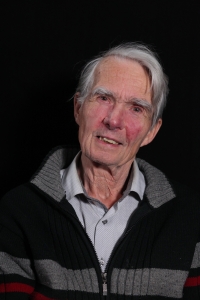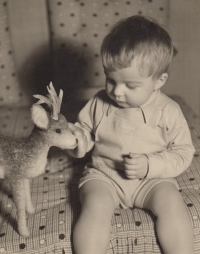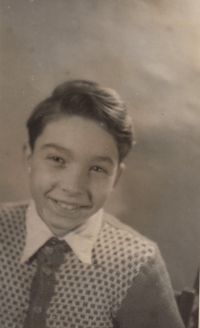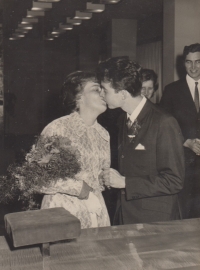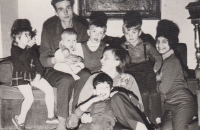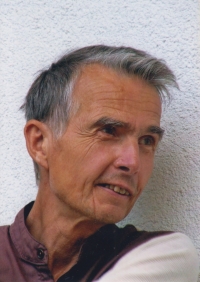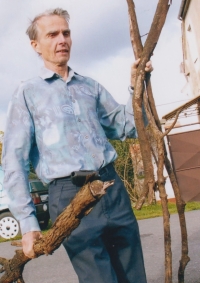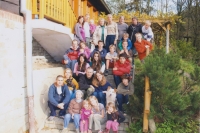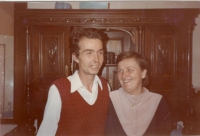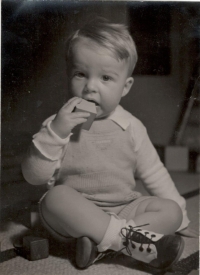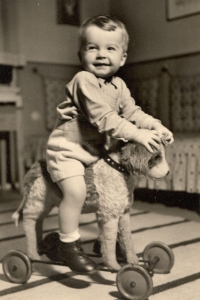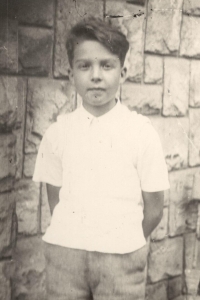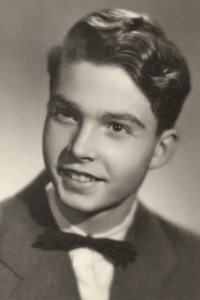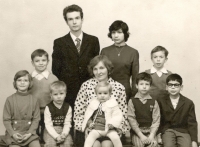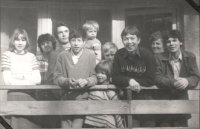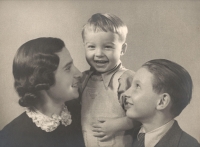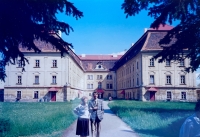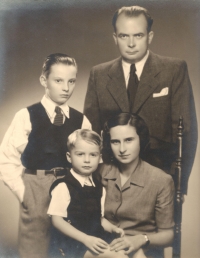Don´t make excuses because of the time you live in, you can always make good deeds
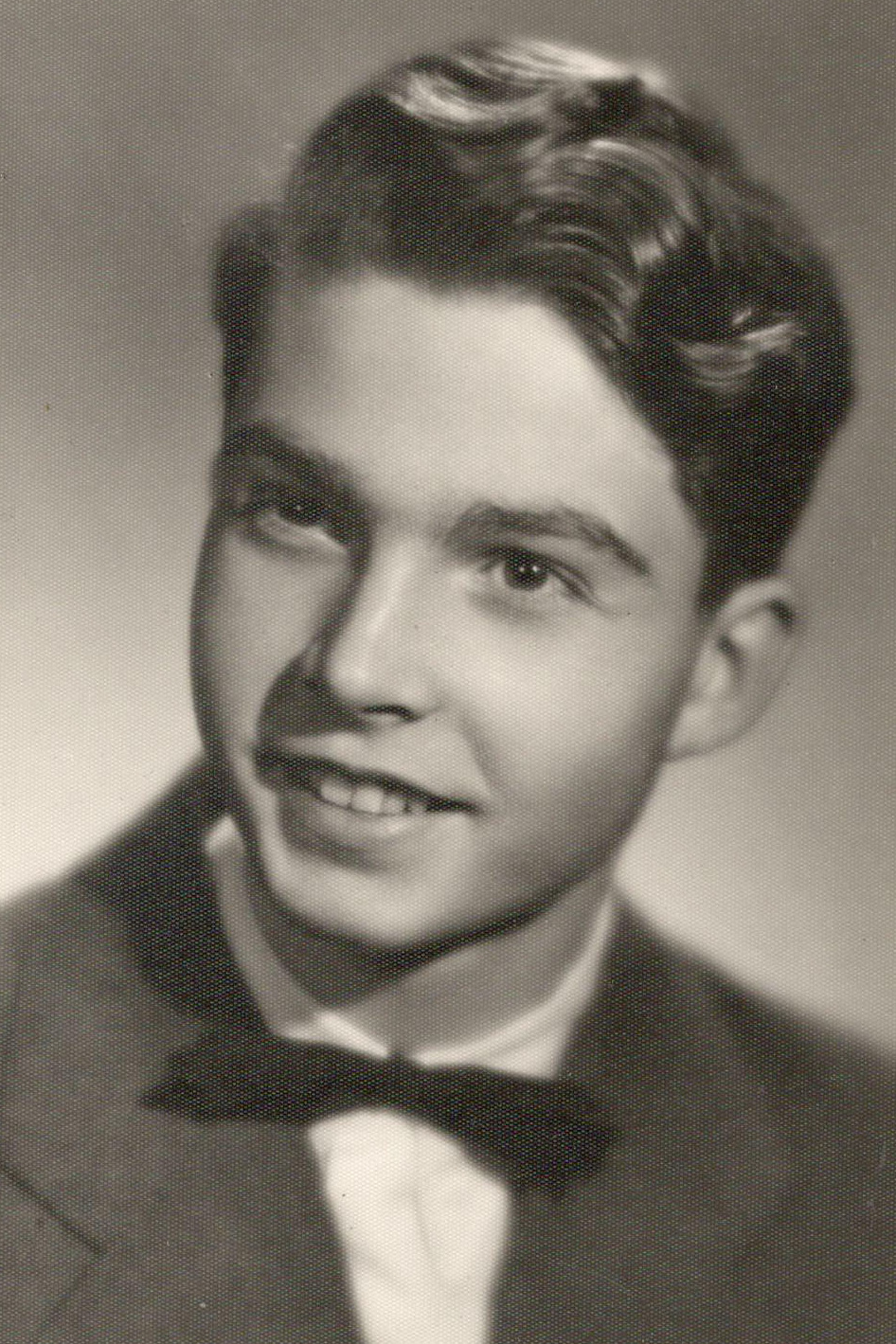
Download image
He was born on 17 October 1940 in Prague to Heřma Davidová and Jiří David. His father took over a fruit processing and liquor factory in a nearby Mochov. The factory was nationalised on 25 February 1948 and the family moved from Prague to Klánovice. Jan´s father was imprisoned for six months in Pankrác prison at the turn of the 1940s and 1950s. Jan was not recommended for studies at secondary school and university because of cadre reasons, however, he managed to pass his secondary school leaving exam at an eleven-year school in Prague 3 and he graduated from Czech Technical University in Prague. He did his basic military service from 1959 to 1961, but it was prolonged because of the Second Berlin Crisis. As a religious person, he was from 1968 involved in preparing and constructing the first SOS village in Czechoslovakia which was in Karlovy Vary. In 1971, he got married to Božena who had worked as a foster mother in the village until their wedding. After their wedding, they moved to Krnov where they worked in fostering under the auspices of Krnov District National Committee. They acted as foster parents on their own from 1973. Together they raised nine children, including their three own children. Jan David became a manager of a home for the elderly in Myslbořice in 1990. He and his wife later moved to Vsetín where he co-founded the Diakonia of the Evangelical Church of Czech Brethren in Vsetín.
